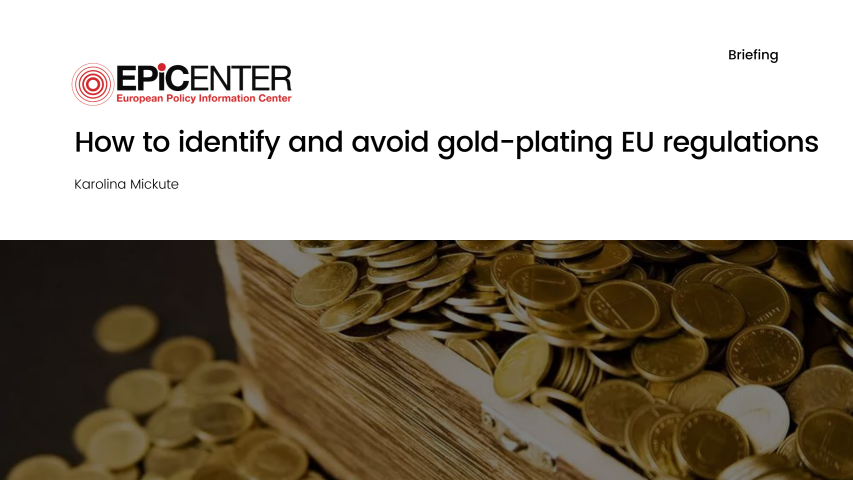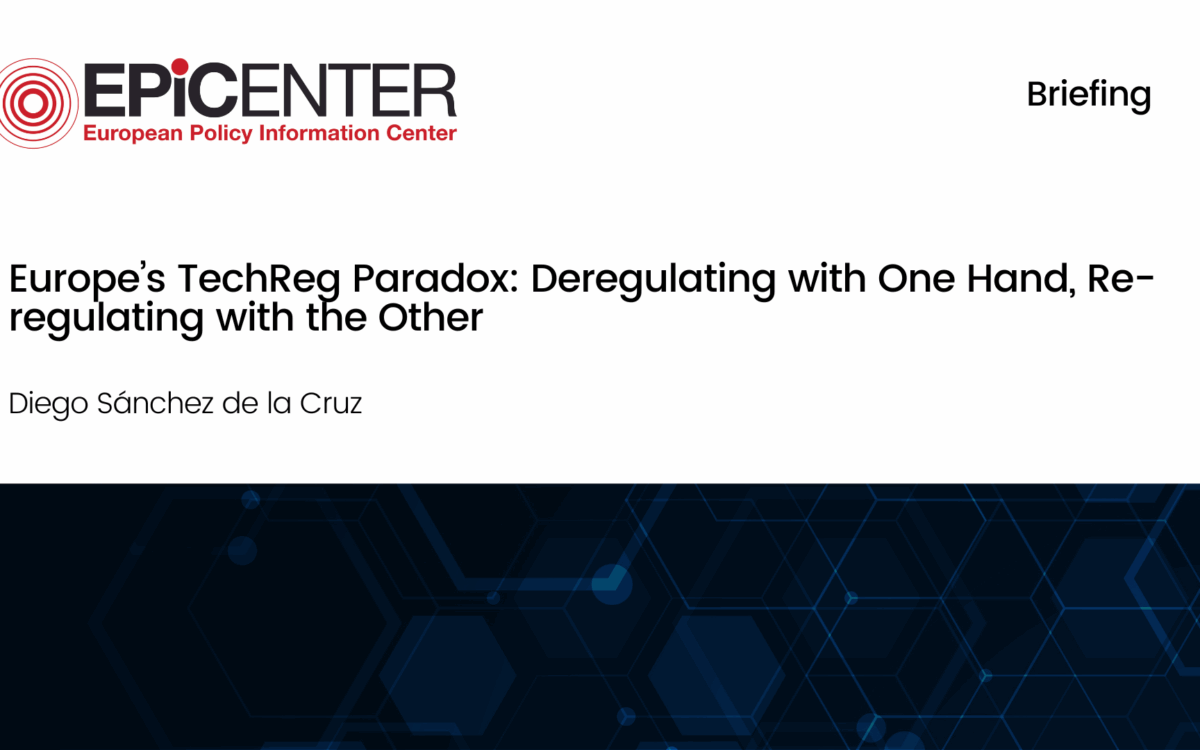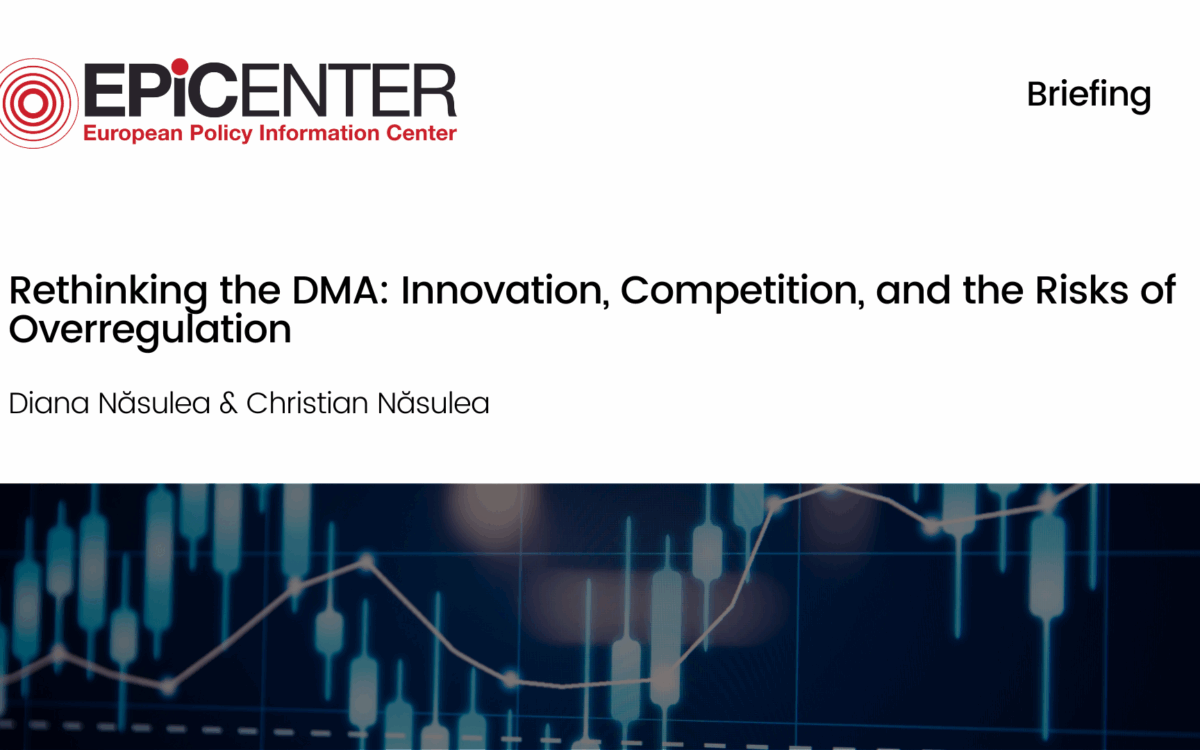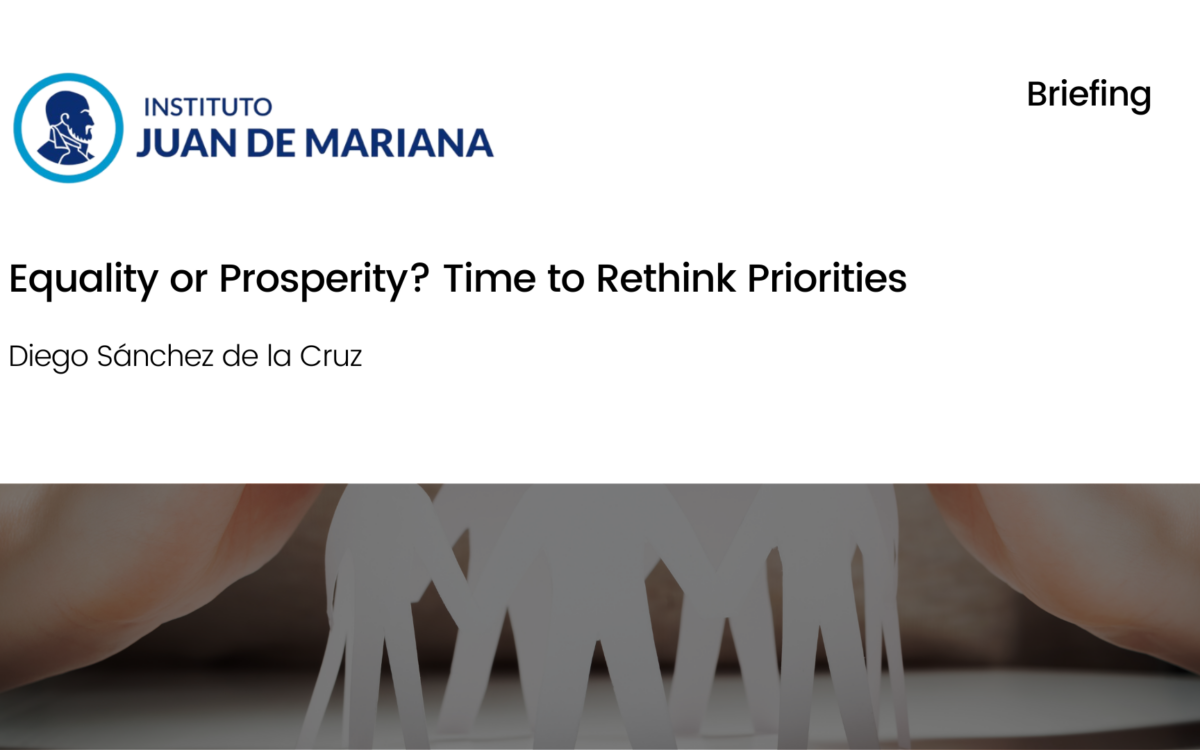How to Identify and Avoid Gold-plating EU Regulations

How to Identify and Avoid Gold-plating EU Regulations
2 February 2022
Preventing gold-plating is once again reinstated by the EU as an important measure to reduce barriers to the single market. Gold-plating is not in line with the EU legislature’s goal of keeping the single market differences to a minimum. Typically, it translates into undue and adverse burdens to all. It does not only disadvantage nationals but also makes the EU less attractive to foreign investments.
The main reason why gold-plating has not been abolished is that the measures to tackle it are not accompanied by responsibility and enforcement powers, which makes them ineffective.
Including gold-plating risk-assessment in the ex-ante and ex-post regulatory impact assessment would significantly aid in tackling gold-plating cases. Notably, some Member States have already established guidelines on avoiding gold-plating but they are not paired with enforcement mechanisms thus making them de facto null.
Download or share this publication
View the PDF
EPICENTER publications and contributions from our member think tanks are designed to promote the discussion of economic issues and the role of markets in solving economic and social problems. As with all EPICENTER publications, the views expressed here are those of the author and not EPICENTER or its member think tanks (which have no corporate view).



